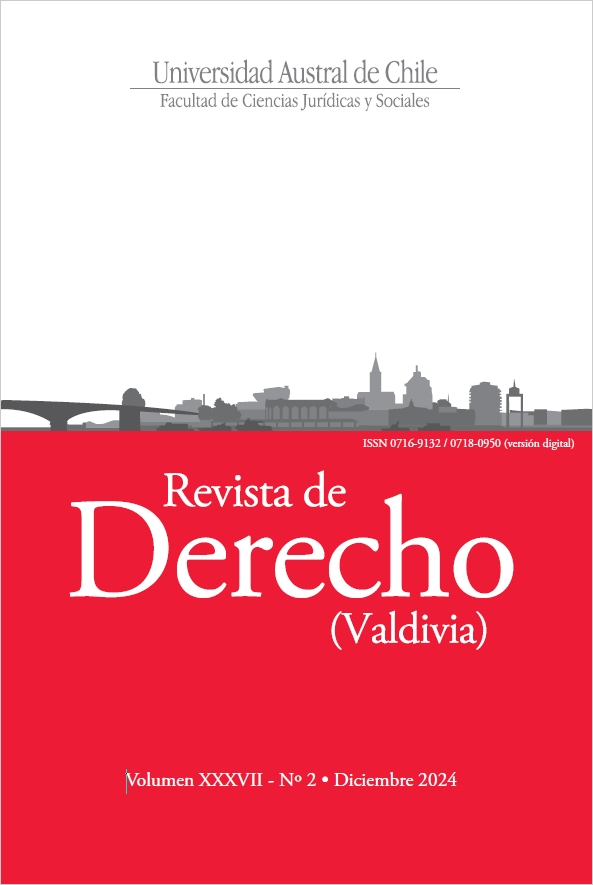Iura novit curia and the debtor’s defense: Can the judge deny an unjust execution based on an uninvoked exception?
Main Article Content
Abstract
This paper deals with the possibility of the judge to deny an unjust execution, by classifying the facts pointed out by the executed party in an exception different from the one initially alleged. To this effect, the case of the ideologically false invoice is taken as a case study, in respect of which the defendant alleges the exception of article 464 Nº 6 of the CPC (falsity of the title), which, according to the majority case law, can only refer to material falsity. The judge, deferring to this trend, understands that he cannot accept the exception in the terms invoked. However, given the evidence of being faced with an unjust execution, he wonders whether he can reject the execution based on an exception that, as such, was not invoked, such as the nullity of the obligation. In this article, two arguments are offered by which, in the specific case, the judge could requalify the facts under the exception of nullity, resorting to the principle of iura novit curia. These arguments are related to the categories of constitutive rules and improper materia exceptions. Finally, the text addresses the objections that may be raised to the proposed thesis.


 https://orcid.org/0009-0006-6838-2908
https://orcid.org/0009-0006-6838-2908